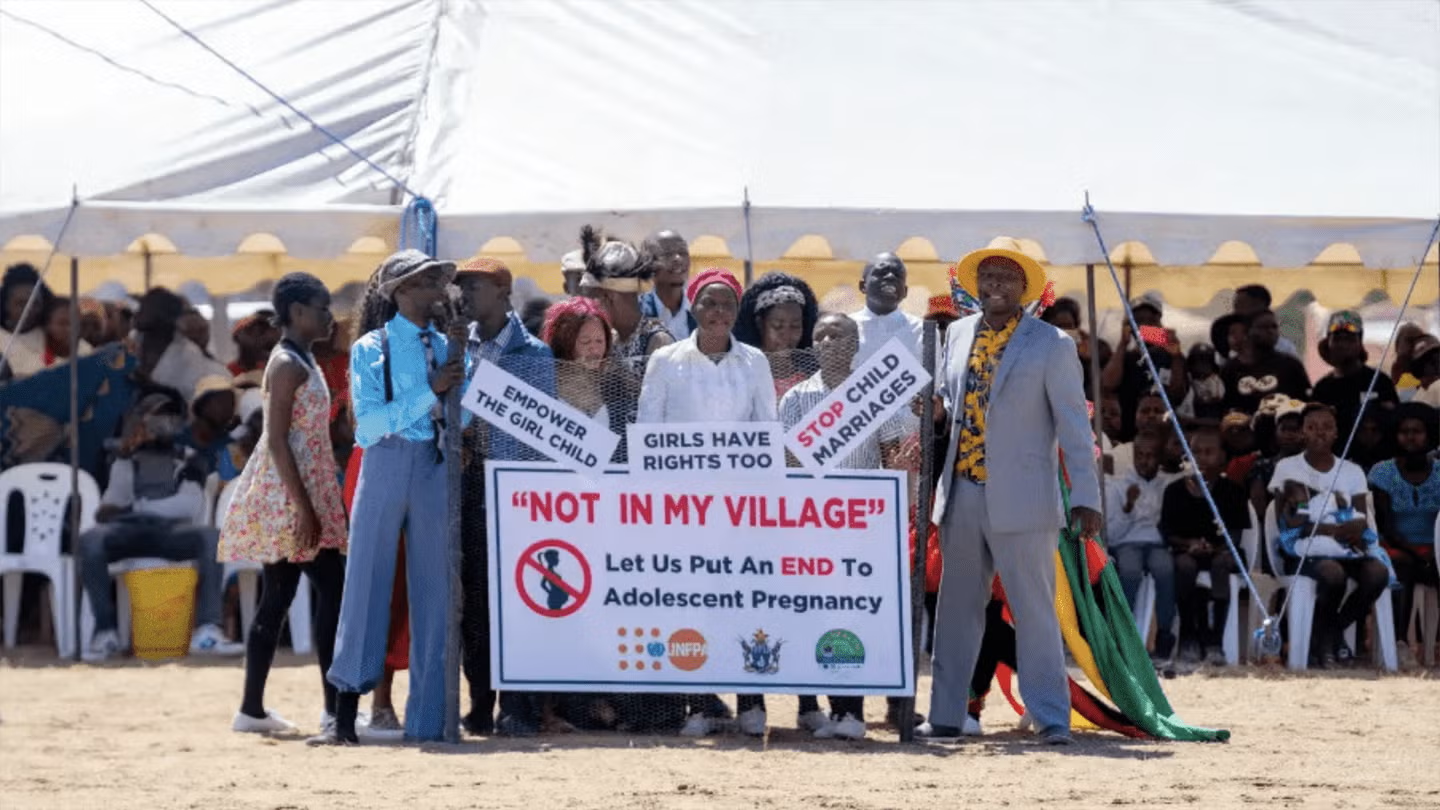Twenty year old Olivia Nyangasi fell pregnant at 17 years while in school. Being someone from a very poor background, her boyfriend’s ability to provide for her needs made her easily coerced into sex. The consequence was pregnancy. Her boyfriend denied all responsibility for the pregnancy and tried to force her into an abortion.
“When I look back, I see that I was very naive. I had sex with him thinking he loved me but when I fell pregnant, I saw a very unexpected side of him,” said Olivia.
After confiding in her mother and her relatives, she was sent off to her boyfriend. While there, she experienced the worst forms of sexual, physical and emotional abuse at the hands of her boyfriend. She fled from his home and stayed in the mountains for two weeks. Her friend would sneak food to her everyday. Eventually, Olivia realised staying in the bush was not sustainable and sought help from the Department of Social Welfare who referred her to Musasa, a local non governmental organisation that partners with UNFPA to provide services such as safe shelters to survivors of gender-based violence (GBV).
“Musasa was able to provide me food and temporary shelter and negotiate with my parents to take me back home but even after going back home, life remained very difficult,” said Olivia.
For many girls in Zimbabwe, Olivia’s story resonates quite strongly where teenage pregnancy has sadly become a growing problem. Recent data from the National Assessment on Adolescent Pregnancies in Zimbabwe (June 2023) conducted by the Centre for Sexual Health and HIV/AIDS Research Zimbabwe under the leadership of the Ministry of Public Service, Labour and Social Welfare with technical and financial support from UNESCO, UNFPA and UNICEF confirms this.
A key finding of the Assessment is that 21% of antenatal care bookings were among adolescents aged 10 to 19 years, translating to 358,458 pregnant adolescents from an estimated 1,706,946 bookings made in 1,560 health care facilities between 2019 and 2022. The study also shows that 1,532 maternal deaths were recorded over the same period, with around 25 per cent of them being among adolescents and young women under 24 years.
To address this challenge, the Government of Zimbabwe, with the support of UNFPA, has launched the “Not-In-My-Village” campaign. Led by adolescents and young people themselves, through the Young People’s Network on Sexual and Reproductive Health and Rights, HIV and AIDS, and working with the National AIDS Council and spearheaded by Chiefs in their respective communities, the campaign seeks to mobilize joint community efforts to tackle adolescent teenage pregnancies.
“Teenage pregnancy has become a serious developmental issue in Zimbabwe. It is heartbreaking that we continue to lose so many young girls in childbirth as a result of teenage pregnancies.,” said UNFPA Country Representative Ms. Miranda Tabifor.
“So far, the campaign has led 26 chiefs from seven districts to develop by-laws that articulate individual, family and joint community actions to be undertaken to reduce teenage pregnancy and child marriages,” said UNFPA Adolescent Sexual and Reproductive Health Specialist Blessing Nyagumbo.
It is through such initiatives such as these that slowly but surely we can end teenage pregnancy and ensure young people, especially girls, reach their full potential.
By Bertha Shoko





